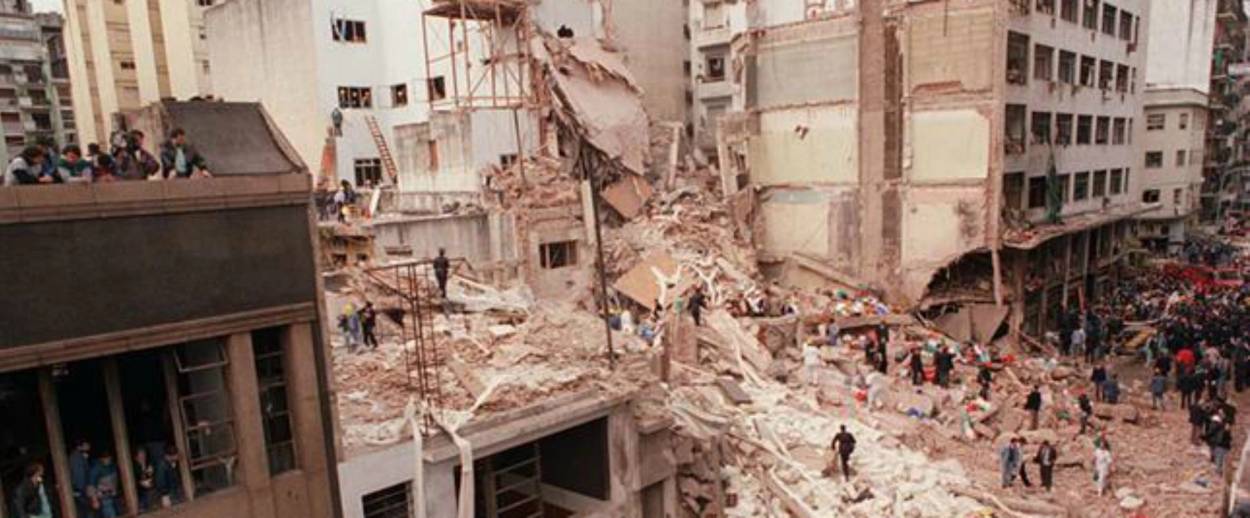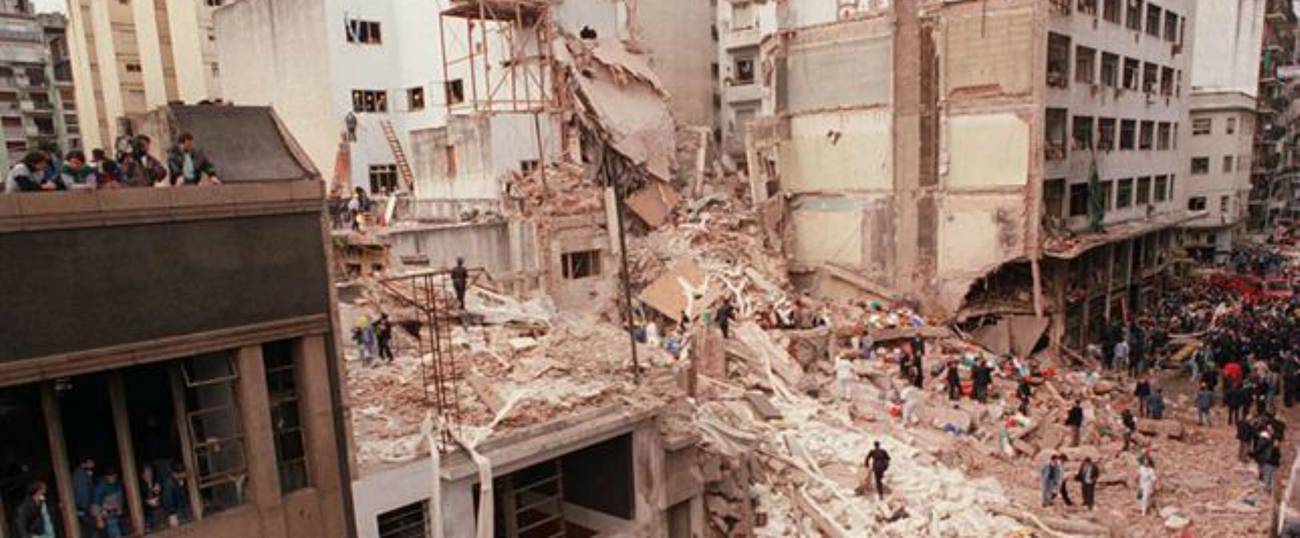Argentine Federal Judge Wants Iran’s Former Foreign Minister Arrested Over 1994 AMIA Bombing
A federal judge has requested Malaysia and Singapore extradite Alí Akbar Velayati, who is an adviser to Ayatollah Khamenei




On July 18, 1994, the Asociación Mutual Israelita Argentina (AMIA) building in Buenos Aires—the country’s largest Jewish organization—was bombed, killing 85 and wounded hundreds more. According to The New Yorker, it was “the bloodiest terrorist attack in Argentina’s history.” (This occurred just two years after the Israeli embassy in Buenos Aires was attacked by a suicide bomber, who killed 29 and wounded close to 250.)
To this day, no one has been formally convicted in connection with the AMIA attack, with many in Argentina and around the world charging members of Argentine government with incompetence, and conspiracy. Fingers have also pointed at Hezbollah, which allegedly executed the attack “at the will of the Tehran government.” This week, an arrest was ordered, reported JTA:
An Argentine federal judge investigating the 1994 AMIA Jewish center bombing has requested that Singapore and Malaysia arrest a high-level Iranian adviser to the country’s supreme leader in connection with the attack.
Alí Akbar Velayati, who was Iran’s foreign minister at the time of the terrorist attack and has been implicated in ordering the bombing, is now an adviser on international affairs to Ayatollah Ali Khamenei. He is currently traveling in Southeast Asia to attend a regional summit.
The bombing has become a major political issue in Argentina. In 2013, the Argentinean government signed a memorandum of understanding with Iran in order to establish a “truth commission” to investigate the attack. The commission was roundly criticized, and David Harris, executive director of the AJC, stated that “the idea of establishing a ‘truth’ commission on the AMIA tragedy that involves the Iranian regime would be like asking Nazi Germany to help establish the facts of Kristallnahct.” The commission was eventually declared unconstitutional by the Argentinian government. Several Iranians have been arrested in connection with the attack over the last few decades, but none have been formally charged.
In 2013 and 2015, prosecutor Alberto Nisman published two lengthy reports in which he accused Iran of incubating terror cells throughout Latin America and conspiring with the Argentinean government to cover up the attacks. Hours before he was to explain his allegations to parliament, Nisman was found dead in his home. His death was ruled a suicide, but many considered the timing suspicious.
Velayati has been publicly questioned about his role in the bombing before. Reported JTA:
In an interview in May with an Argentine TV channel, he professed his innocence.
“This is a baseless accusation, a falsehood, a lie,’” he said. “Argentina is under the influence of Zionism and the United States.”
Asked if he would be willing to appear before an Argentine court, Velayati, who ran for Iranian president in 2013, responded that there was no reason why an Iranian official should have to respond to another nation’s accusations.
Iran also is believed to be behind the 1992 car bombing that destroyed the Israeli Embassy in Buenos Aires, killing 29 and injuring 242.
Jesse Bernstein is a former Intern at Tablet.